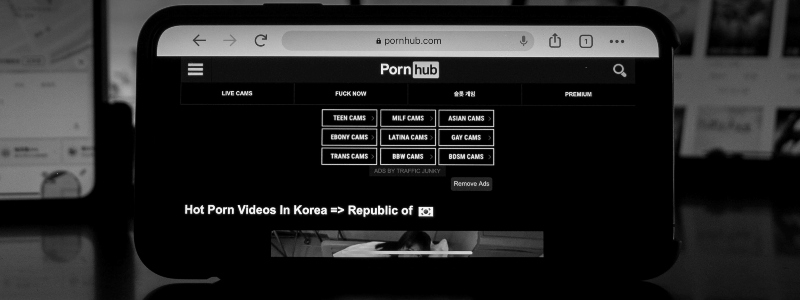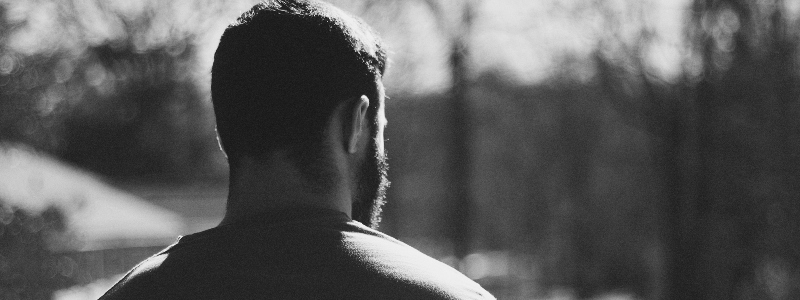When clients first present for counselling or psychotherapy, I generally always ask them what they would like to get from our work; how will they know that what we have done has been worthwhile for them? The answer to this can give the work important clinical perspective, but can also provide an insight into the client’s way of seeing the world, particularly when the answer is ‘I want to be happy’.
Nowadays, there is a lot of pressure on all of us to be happy. We are told that buying certain products and experiences will make us happier; the government (ours and others) attempt to measure happiness and rank us against other more and less ‘happy’ countries; and all our social media friends seem to post selfie after selfie showing how happy they are in their lives.
Recently I came across an article by Gruber, Mauss and Tamir entitled ‘The Dark Side of Happiness? How, When and Why Happiness is Not Always Good’ which poses four philosophical questions about happiness:
Is there a wrong degree of happiness?
The researchers focus was on whether an over emphasis on happiness can come at the cost of other emotions which they labelled ‘negative’ such as anger or sadness. Such a focus may then lead to suppression of other authentic emotional states and behaviour associated with chasing happiness (dopamine chase) such as risk taking.
Is there a wrong time for happiness?
The researchers suggested that our emotional state should reflect the circumstances and thus that affect regulation is suited to the environment. Their suggestion was that when we are happy we tend to seek out social bonds and increase our resources which could be inappropriate or downright dangerous in some situations such as when we are under threat and our energy should be directed to protecting ourselves.
Are there wrong ways to pursue happiness?
It seems to be the zeitgeist to pursue happiness whenever and wherever but there is some evidence that the focus on achieving happiness can get in the way of actually obtaining it. Furthermore the researchers concluded that an unhealthy focus on happiness can lower our resilience in dealing with disappointment.
Are there wrong types of happiness?
With this question the focus seemed to be on an authentic expression of happiness versus hubris and pride.
From the perspective of therapy and I would argue an emotional healthy way of being in the world, happiness is no more important than any other authentic emotional state. Of course, humans, like all animals, are primed to avoid pain and discomfort and maximise pleasure, However, this is perhaps not the same as trying to be constantly happy.
A healthy emotional system depends, quite simply, on being able to do two things at once: feel whatever emotion we are feeling in response to a situation (and that that emotion is broadly one that others can comprehend – empathy) and secondly, that the emotion we feel can be felt without us becoming overwhelmed.
How is this achieved? Internally this is achieved by us learning to feel all our emotions and connect our emotional experience to our mind. If we feel without being able to think and process, we become overwhelmed and reactive. And if all we do is think, we fail to feel. Externally, I would suggest that we can be fully in the world and feeling our emotions by making our lives meaningful, which is not the same as happy (though it would be nice to feel happiness at times).
So, whilst I broadly agree with the research findings in an academic sense, I wonder whether the real world focus should be on meaning making and creating contentment, together with the ability to experience the full range of human emotions without becoming overwhelmed.



